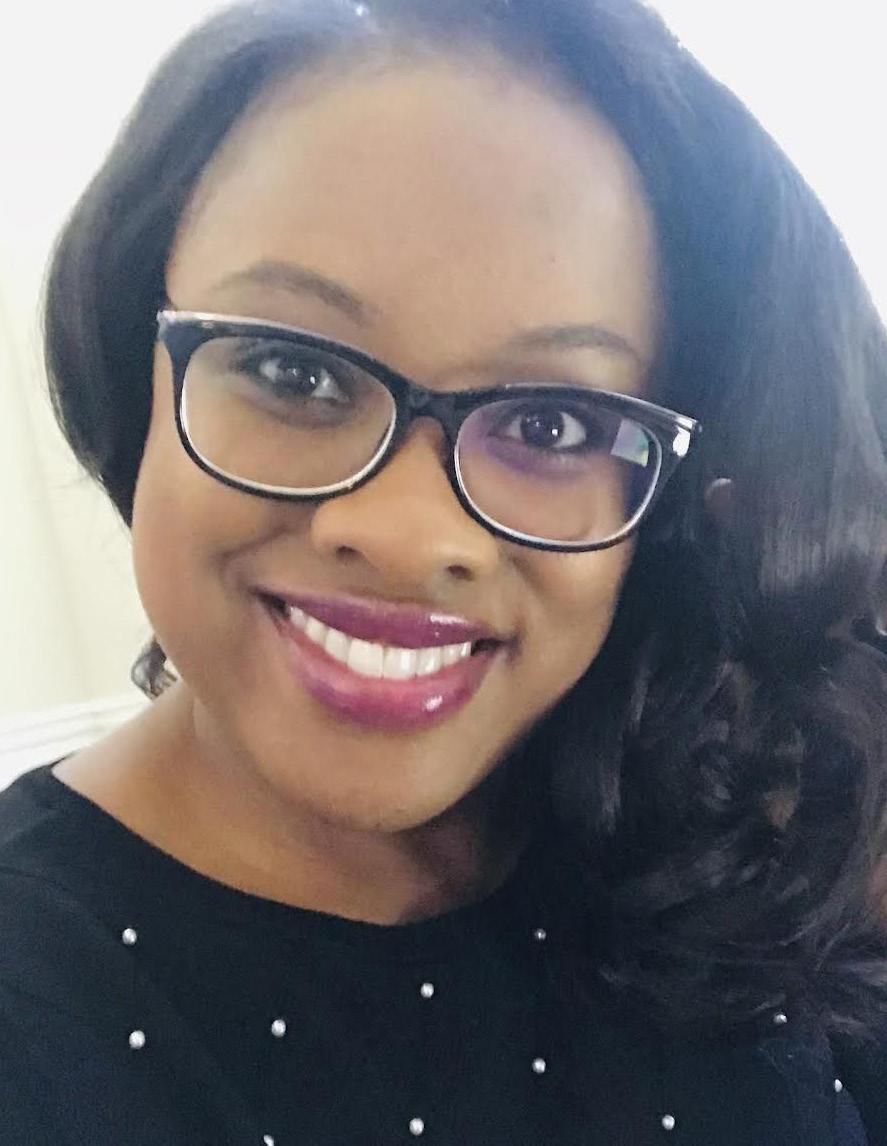
4 minute read
Aiyisha Adams
Interview by La Sheera Lee
Often, the voices of African American males are silenced. Unfortunately, many in our society find their mere presence intimidating. Mothers raising African American boys are given the daunting task of preparing their children for the brutal realities of the world. The Voices from Mothers with Black Sons, is a collective body of encouragement to African American boys.
Advertisement
I had the pleasure of interviewing Aiyisha Adams, MBA.
La Sheera Lee: What was your mission for writing your story?
Aiyisha Adams: There are two reasons I decided to share my story. First, I am a product of a blended family and married the love of my life who has two beautiful children from a previous marriage. I wanted to encourage people who are trying to figure out the best ways to blend their families. When blending families, people want the Brady Bunch scenario, but often end up in a situation that could rival some of the scenarios we see on Dr. Phil. It does not have to be like that. Divorce, sickness, or death can all cause trauma for families. However, it is possible to heal. The second reason for sharing my story is to let my sons know they are loved and valued. Mommy is their ride or die. While we, as black mothers, love our sons fiercely, we know that society often views them differently. As they enter puberty, they suddenly are deemed a threat or menace to society just because of their beautiful skin tones. As a parent, it is my job to promote confidence in our sons. I consistently remind them they are intelligent, valuable, and unstoppable.
LL: How are you using your story to amplify marginalized communities?
AA: With all the civil unrest, racial inequities, and blatant racism that some people feel empowered to display, it is my job to advocate for certain communities. I felt the need, responsibility, and desire to show the world that bond between mother and child. We love our sons the same way all mothers, regardless of race, love their sons. There is a lot of laughter, love, prayer, and fun in our homes. Not every story is a tragedy. Not every black family is a statistic. Not every black mother is a single parent. Many black men are very active in their children’s lives. My hope is that my story will help start a dialogue. It is my duty to be a voice to the voiceless. It is my duty to call attention to both subtle and blatant discriminations and biases. It is my pleasure to speak up for those of us who are marginalized and taught to feel inferior. Sharing my story is a positive step in that direction. this shortly after George Floyd was murdered. By this time, I was emotionally exhausted and discouraged that black man after black man, black woman after black woman, [and] black child after black child was being murdered and no one was being held accountable. Writing about how much I love my sons and how my husband and I cover them in prayer began to light a fire under me. It was a fire for activism, that I did not know was there, was being kindled. I began to learn more about myself. I started rediscovering myself. I learned that, while I am not the person you will see in the streets protesting, I am the person who will give money to make sure those arrested for peacefully protesting get bailed out. I am the person who will continue to vote in every local and national election. I am the person that will hold our leaders accountable. I am the person who will use my talents to build our community. I am the person who will have uncomfortable conversations with our white brothers and sisters on racial matters. I am the person who will first show herself friendly. Lastly, I am the person who will complete every single assignment God has given me before I leave this Earth.

LL: What is next on your agenda?
AA: My husband, Steven, and I just started a company called Alignment Consultant Enterprises in Atlanta, GA. My husband is a Master Trainer who has trained under Ken Blanchard and I have my MBA and several FINRA licenses. We train corporations on Diversity & Inclusion. Steven and I are also merging our talents and creating a Racial Lit eracy Training. While it is important to acknowledge that we all have biases, we find that it is equally important to understand that racism is not a historic problem; it is a contemporary problem. Our training will aim to give the historical context of racism, show how it impacts everyone’s experiences, and finally help participants map out a plan of action based on their own spheres of influence at work, school, and their communities at large.










